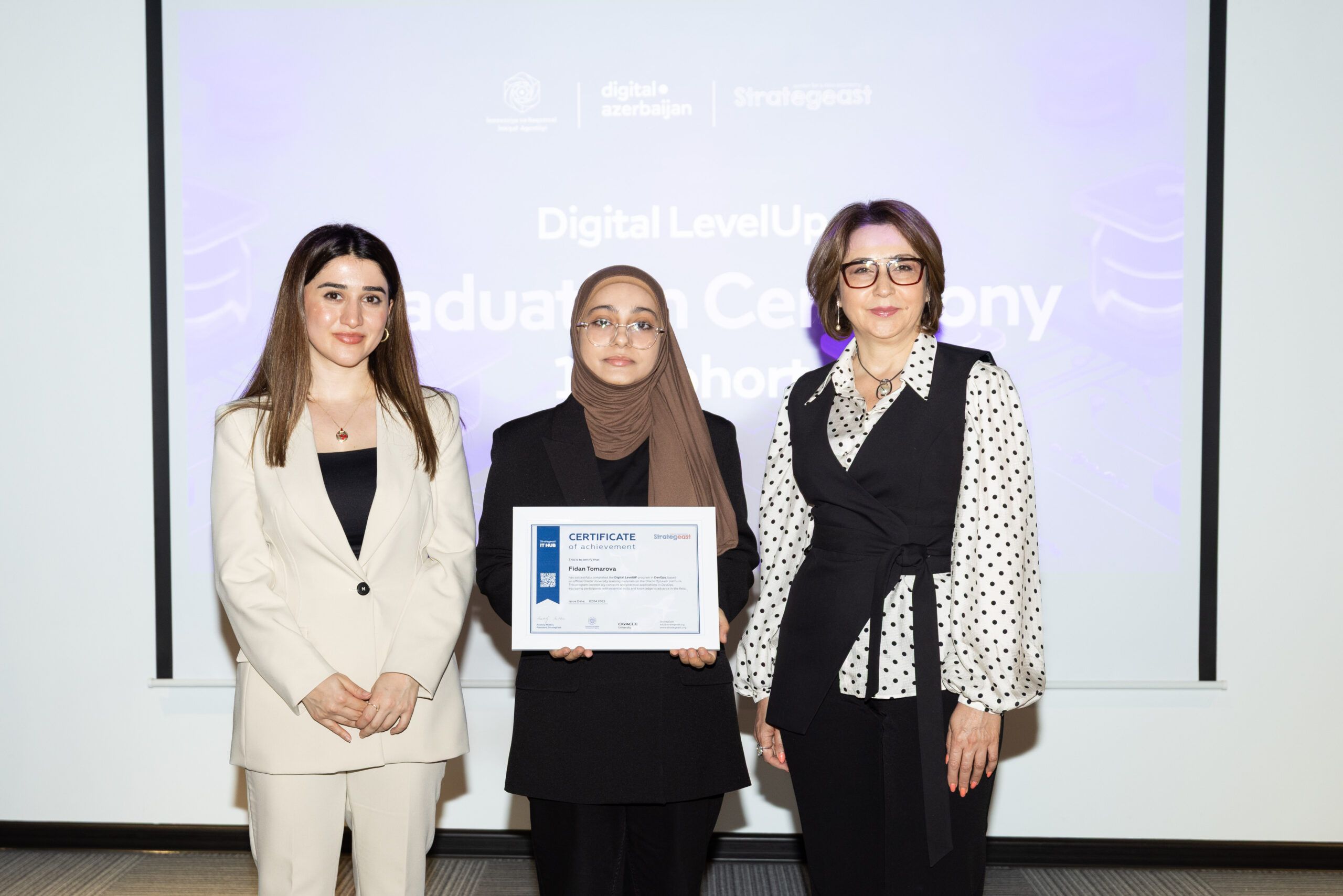Speaking about the digital transformation of society, we must remember the mission of the Western world to spread democratic values to new countries. It is important to remember that there are not only “pure democracies” and “pure dictatorships” in the world, but also transition countries.
We are talking about states that have emerged in the last three decades, where the social structure has not yet been established. Many of these countries are located along the conditional border between China and Russia on the one side and the Western world on the other – they are post-Soviet or post-communist countries of Eurasia: from Central Asia, through the South Caucasus to Eastern Europe and the Balkans. Dictatorships try to spread their influence over these countries using new digital technologies. China does this by introducing its technologies, in particular by deploying its 5G networks, Russia – using information interventions and disrupting the clarity of the electoral process.
What should be the response of the West to this challenge? This has been discussed at the StrategEast.Live panel discussion “The Digital Innovation Agenda for Transition Countries”.
Starting the conversation, Dr. Andreas Aktoudianakis, Digital Policy Lead Analyst at the European Policy Centre admitted that ethics is first while deploying digital technologies. “EU has been focusing on digital technologies for a long time, defining the fundamental values and projecting them on actual regulations. Most recently, European Commission has proposed new AI regulation. We know that 80% of EU citizens agree that transparency about the use of AI and digital services is key.”
Darius Gaidys, Ambassador-at-Large for Digital Affairs at the Ministry of Foreign Affairs of Lithuania, talked about opportunities and challenges of digital transformation: “We cannot deny the benefits which digital transformation gives, such as e-governance. It makes many services available online with just a few clicks away from a citizen. At the same time, there are quite a number of challenges it poses: misinformation, and unauthorized use of information to name a few.”
Anatoly Motkin, President of StrategEast, considers inclusivity as key to successful digitalization. “Engaging locals to digitalization is absolutely critical. Otherwise, there will be censorship. It is important to engage people so that they feel co-ownership. Developed countries and transition economies, working jointly by sharing skills and values, can eventually form standards.”
Nino Shekriladze, the Head of the UN Division at the Ministry of Foreign Affairs of Georgia, Chair of the Working Group on the Democracy and Technology of the Community of Democracies agrees that the impact of digital technologies is constantly increasing. Ms shared some examples of building a digital ecosystem in Georgia. “At the government level, Georgia has prioritized knowledge-based and innovation-driven economy. The World Bank Group-backed the Georgia National Innovation Ecosystem (GENIE) Project, which supports the implementation of the Government’s strategy to build a competitive and innovative economy that is ready for the future.”
Answering the question by the panel moderator, Dr. Jade McGlynn, the Director of Research at the Henry Jackson Society on whether it is possible to spread the values of democracy in transition countries through the development of new technologies, Dr. Aktoudianakis underlined that dialogue with civil society is fundamental to ensure that their concerns are addressed in this process. At the same time, according to him, picking the right civil society organization is one of the biggest challenges. It is quite hard to designate which CSO to involve; making sure the information is in the right hands.
StrategEast.Live is a series of online panel discussions launched by StrategEast in 2020 to continue the conversation on how technology can lead to an overall transformation in Eurasia. During these events, the esteemed guests put forward ideas that facilitate the further development of a knowledge-driven economy in the region.




